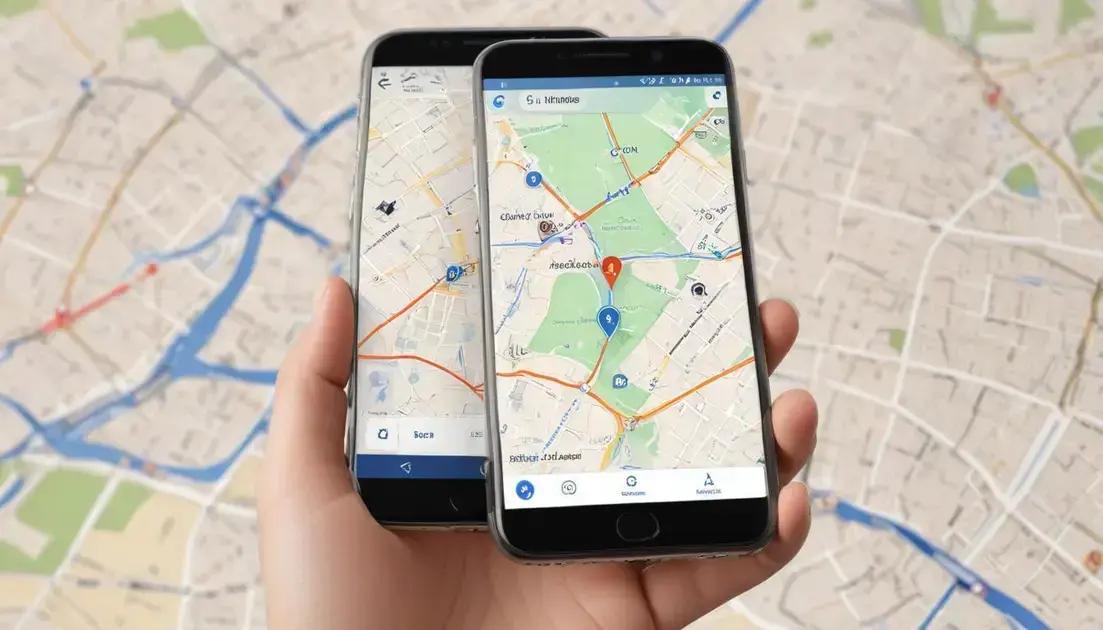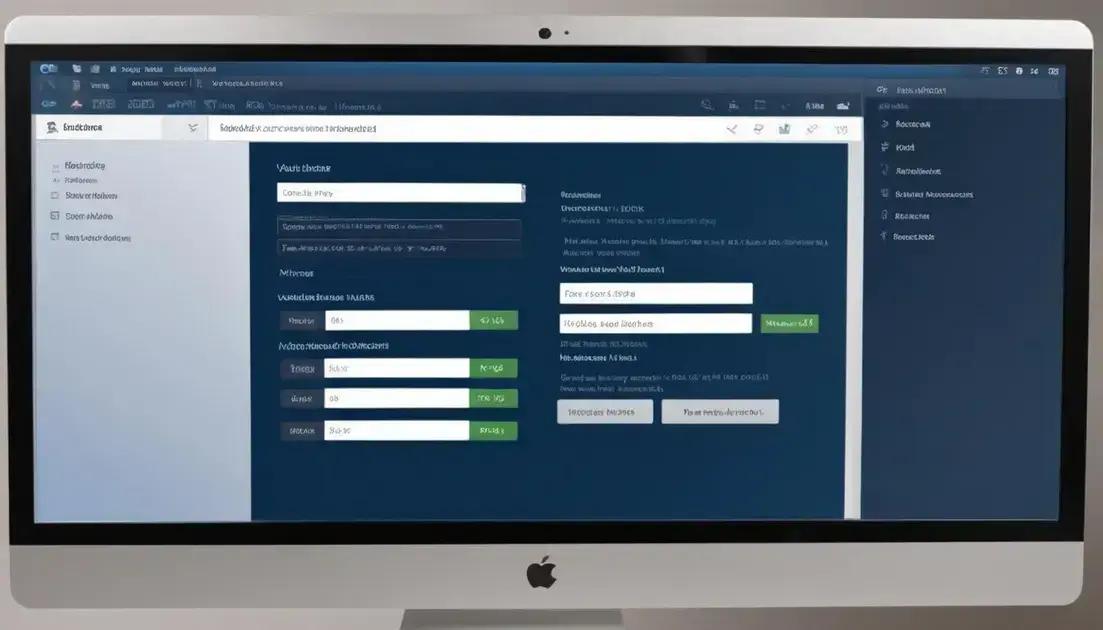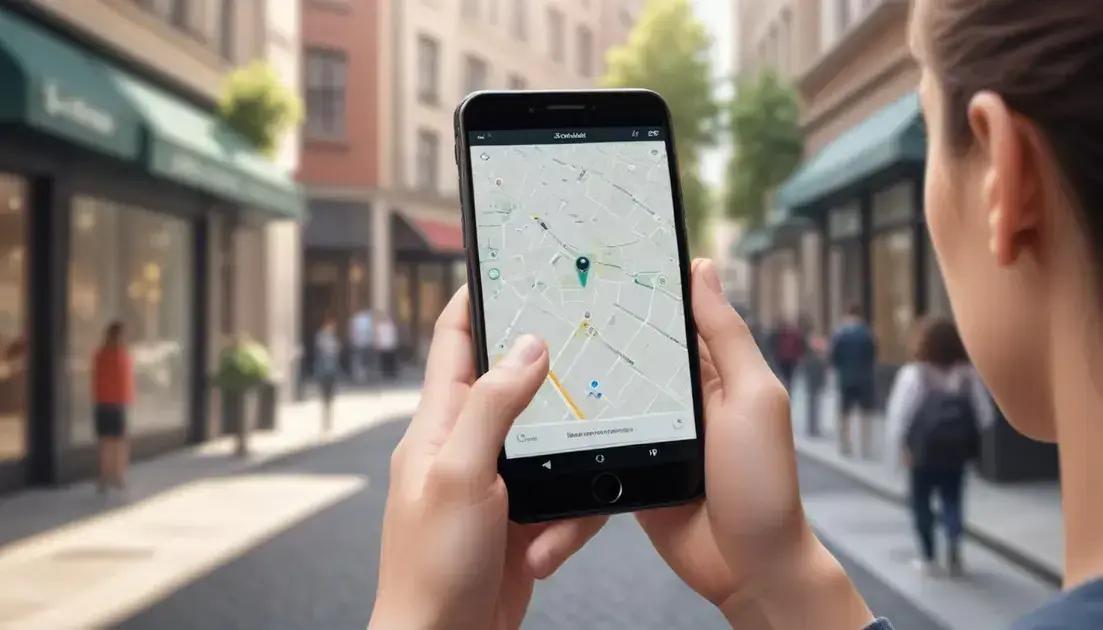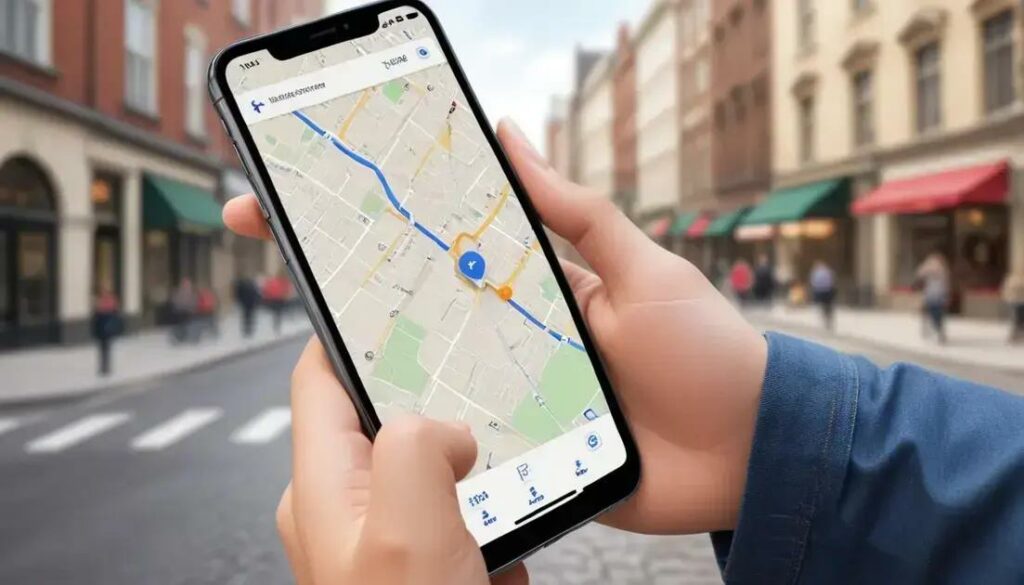Address Lookup plays a vital role in creating effective location-based apps that serve users efficiently. From navigating to nearby coffee shops to ensuring deliveries reach the right address, understanding this technology is crucial!
The Role of Address Lookup
Address Lookup is essential for many applications we use daily. Whenever we need directions or a delivery, this tool steps in to help. It converts addresses into a format that computers can understand. This process makes it easier to find locations on a map.
Apps like ride-sharing and food delivery rely on this service. They use Address Lookup to match your location with nearby services. This way, you get what you need without any hassle.
But how does it work? Address Lookup takes an entered address and breaks it down. It finds the precise latitudinal and longitudinal coordinates. These coordinates tell your device where to go. This makes finding places quicker and more accurate.
Using this feature improves user experience. If you order a pizza, for example, you want it to arrive at the right place. Address Lookup ensures that happens. It reduces mistakes and increases satisfaction.
On the other hand, for businesses, it keeps operations smooth. Address Lookup can help in organizing delivery routes or locating clients accurately. It saves time, effort, and money!
In conclusion, Address Lookup is a powerful tool that helps both users and businesses. It greatly enhances efficiency and ensures that information is processed accurately.
Geocoding and Reverse Geocoding

Geocoding is the process of converting addresses into geographic coordinates. These coordinates help find specific locations on a map. When you enter an address, the app uses geocoding to pinpoint where it is. This makes finding places much easier!
On the other hand, reverse geocoding does the opposite. It takes coordinates and turns them back into a human-readable address. If you’re at a location but don’t know the address, reverse geocoding can tell you exactly where you are.
Both processes are vital for various applications. For instance, ride-sharing apps rely on geocoding to send drivers to your location. Meanwhile, businesses may use reverse geocoding to confirm delivery addresses.
These technologies work behind the scenes, ensuring smooth experiences for users. Imagine ordering a taxi without knowing the address. Thanks to geocoding, this is all taken care of quickly and efficiently.
In many ways, these tools make our lives easier. They help us navigate, explore new places, and connect with services we rely on. Whether you are looking for a restaurant or tracking a delivery, geocoding and reverse geocoding are there to assist you.
Impact of Accuracy on Services
Accuracy is crucial in today’s digital world. When it comes to services like delivery or navigation, even small errors can cause big problems. If a customer enters the wrong address, their package might end up in the wrong place. This can lead to delays and unhappy customers.
For ride-sharing apps, accuracy affects how quickly drivers can arrive. If the location isn’t correct, the driver might get lost or take longer to reach you. This can be frustrating and lead to a negative experience.
Reliable address lookup helps solve these issues. By ensuring that addresses are correct, businesses can provide better services. When users know their information is accurate, they feel more confident in using the app.
Accuracy also saves businesses time and money. When deliveries are made to the right place, it cuts down on extra trips. This not only improves efficiency but also helps the environment by reducing unnecessary driving.
In summary, the accuracy of address information is key to providing excellent service. It builds trust with customers and enhances their overall experience. When services are reliable, customers are likely to return and recommend them to others.
Tools for Address Validation

Address validation tools are essential for many businesses today. They ensure that the addresses entered by users are correct and deliverable. This saves time and reduces mistakes in deliveries.
One popular tool is validity checker. It checks if an address exists and confirms it’s formatted correctly. This is helpful before sending out packages or scheduling services.
Another great option is API services. These services integrate easily into apps and websites. They provide real-time address checks as users input their information.
Why is this important? When users can enter their address confidently, it boosts their experience. It also keeps your business running smoothly. Fewer mistakes mean happier customers!
Many businesses also use batch address validation. This lets them check multiple addresses at once. It’s efficient for larger operations, like shipping companies that handle many packages daily.
In short, using the right address validation tools can enhance service quality. They help ensure accuracy and improve overall operations.
Developing Location-Based Apps
Developing location-based apps is an exciting venture. These apps use GPS and mapping technology to provide users with services based on their location. When creating these apps, understanding the user’s needs is key.
First, you need to choose the right technology stack. Popular options include Google Maps API or Mapbox. These tools help you integrate maps easily into your app.
Next, focus on the user experience. Users should find it simple to navigate the app. Clear instructions and intuitive designs go a long way in keeping users engaged.
Location accuracy is crucial. Ensure your app can pinpoint users’ locations correctly. This makes the service more reliable and effective. If the location data is off, users may get frustrated.
Consider also adding features like geofencing. This allows users to receive notifications when they enter specific areas. It’s an excellent way to enhance user engagement.
Finally, testing your app is vital before launch. Try it with real users to gather feedback. This will help you fix any issues and improve overall performance.
Privacy Concerns in Geolocation

Privacy concerns in geolocation are becoming more important every day. As apps use location data, users worry about how their information is handled. It is essential for developers to address these concerns seriously.
First, users want to know why their location is needed. Be clear about how it benefits them. If they’re using a map app, explain how location helps with directions or finding nearby places.
Next, users should have control over their data. They need to easily manage their location settings. Apps should let them choose when to share their location. This builds trust between users and developers.
Data security is also key. Ensure that location data is stored safely. Implement encryption to protect users’ information from unauthorized access. Regularly update security measures to keep pace with new threats.
Additionally, be transparent about data usage. Let users know how long their data is stored and who has access. This information helps them feel more secure using the app.
In conclusion, addressing privacy concerns is essential when developing geolocation apps. Protecting user data and clearly explaining its use creates a better experience.




